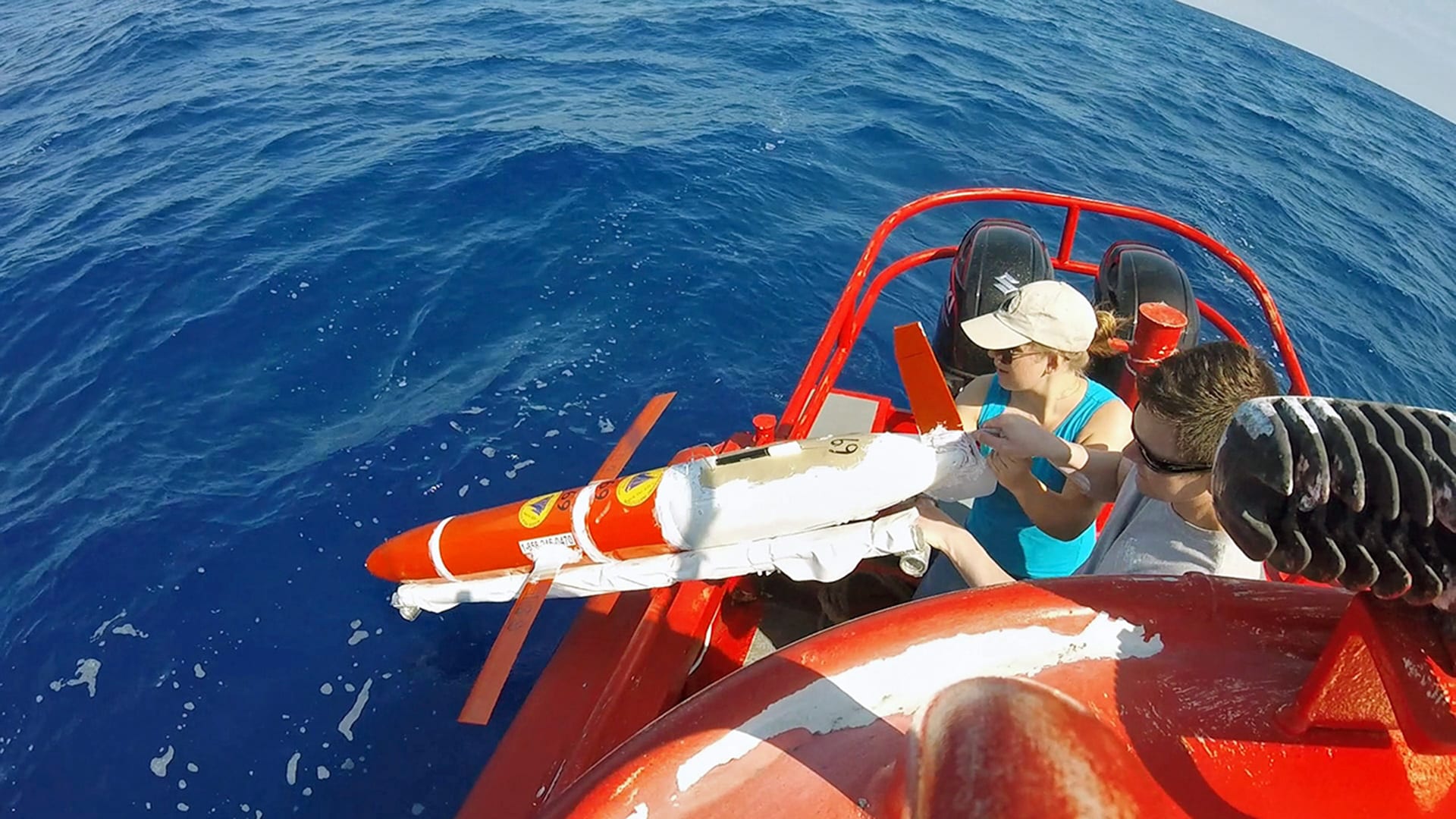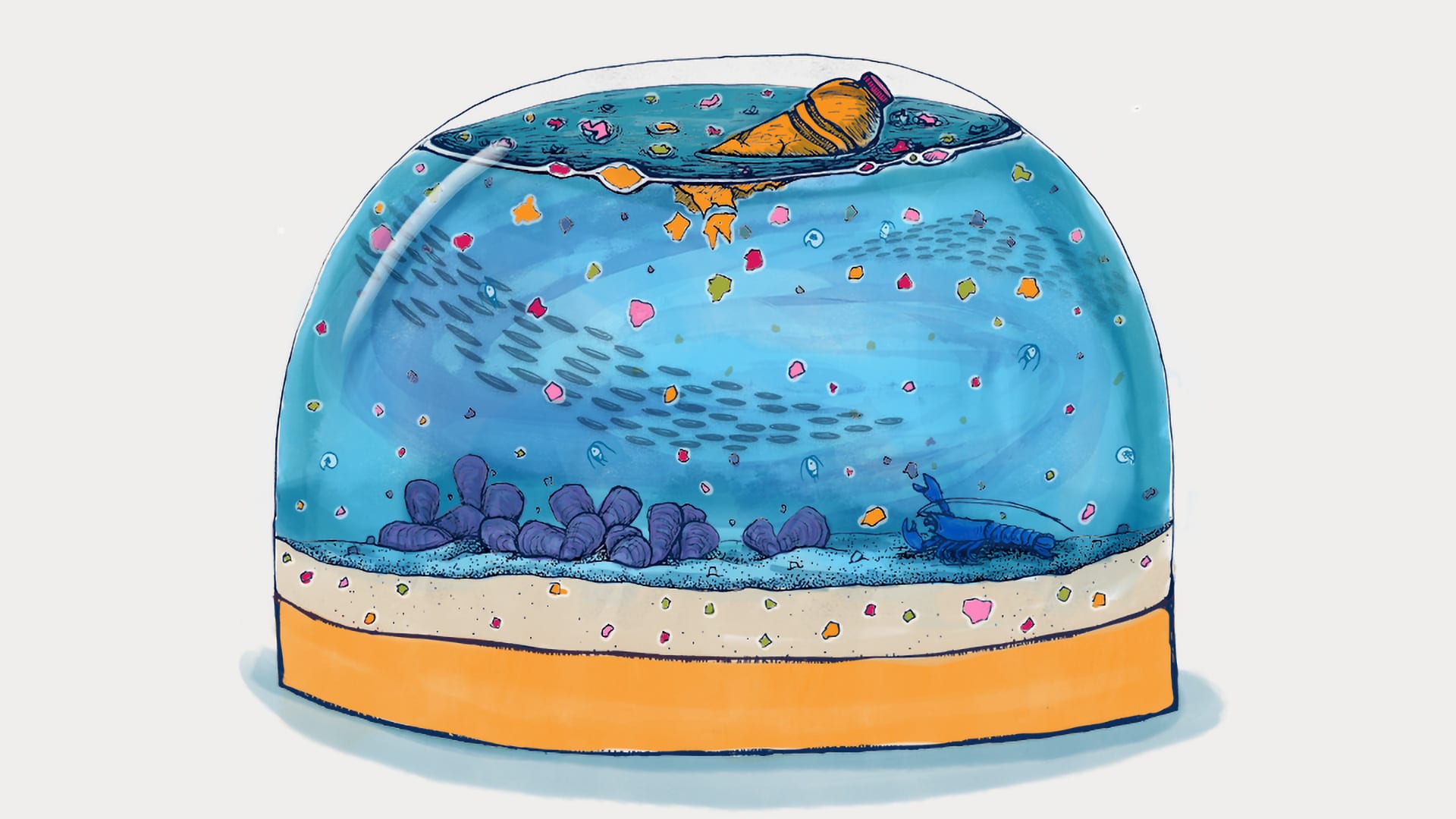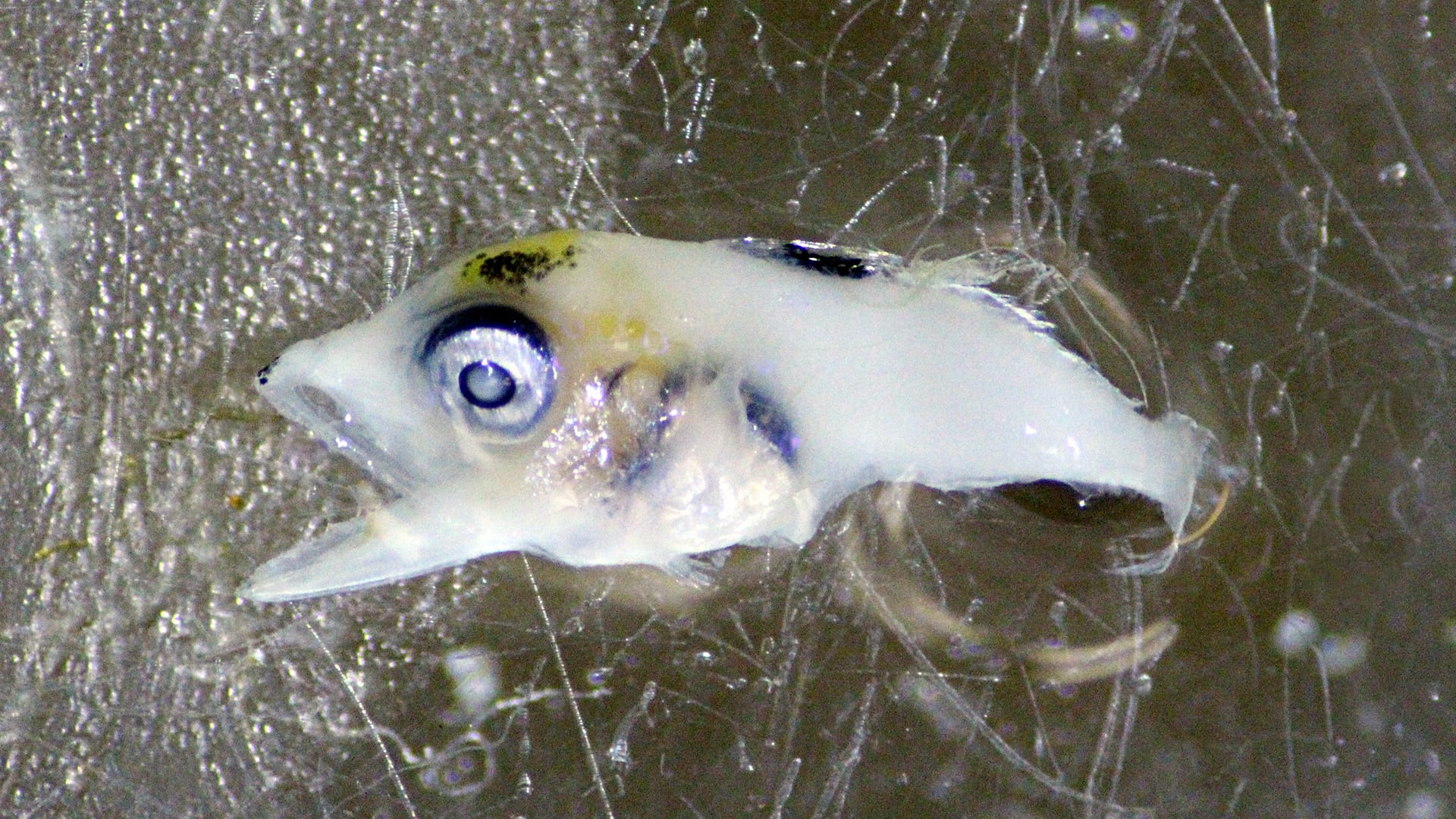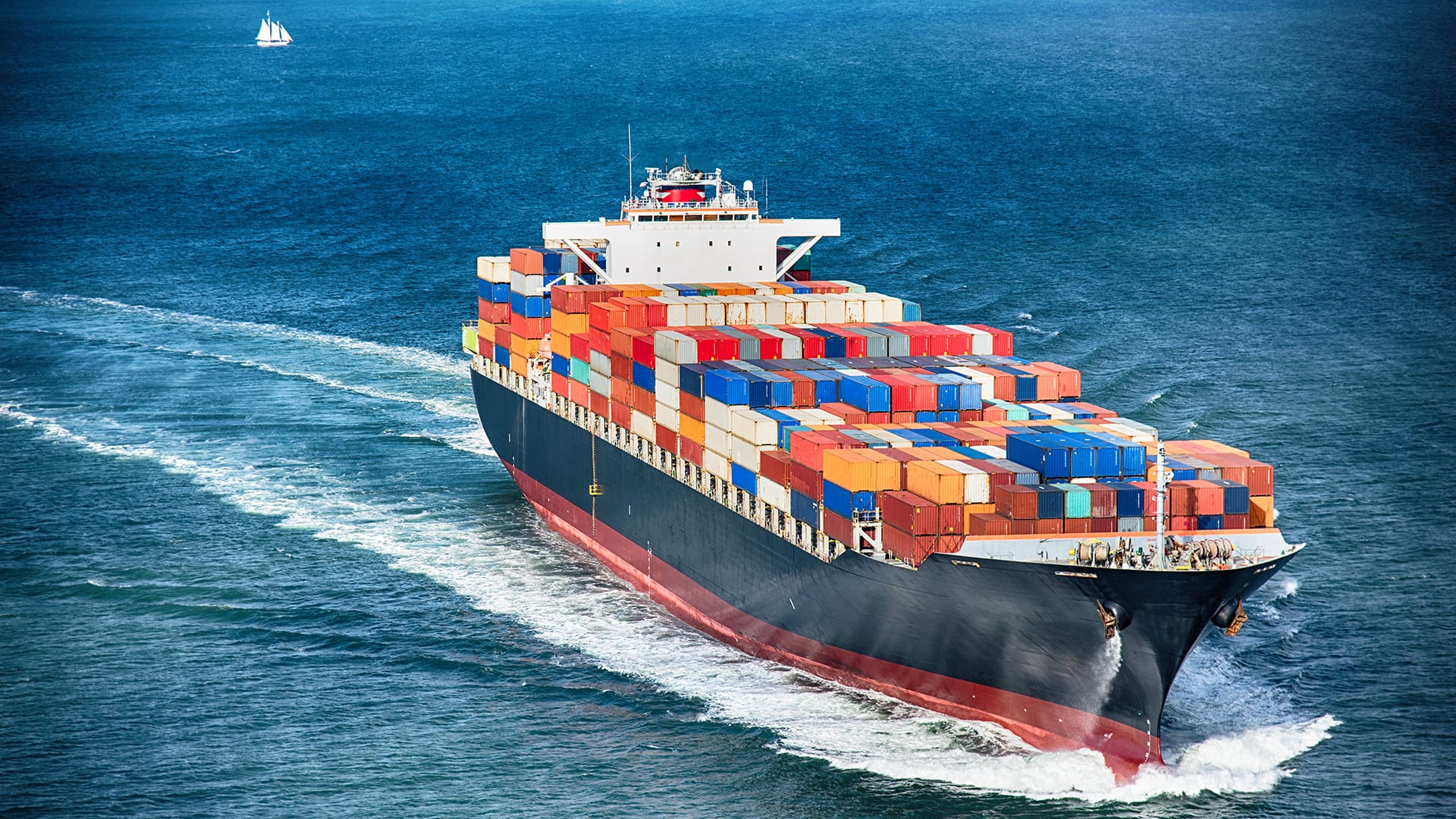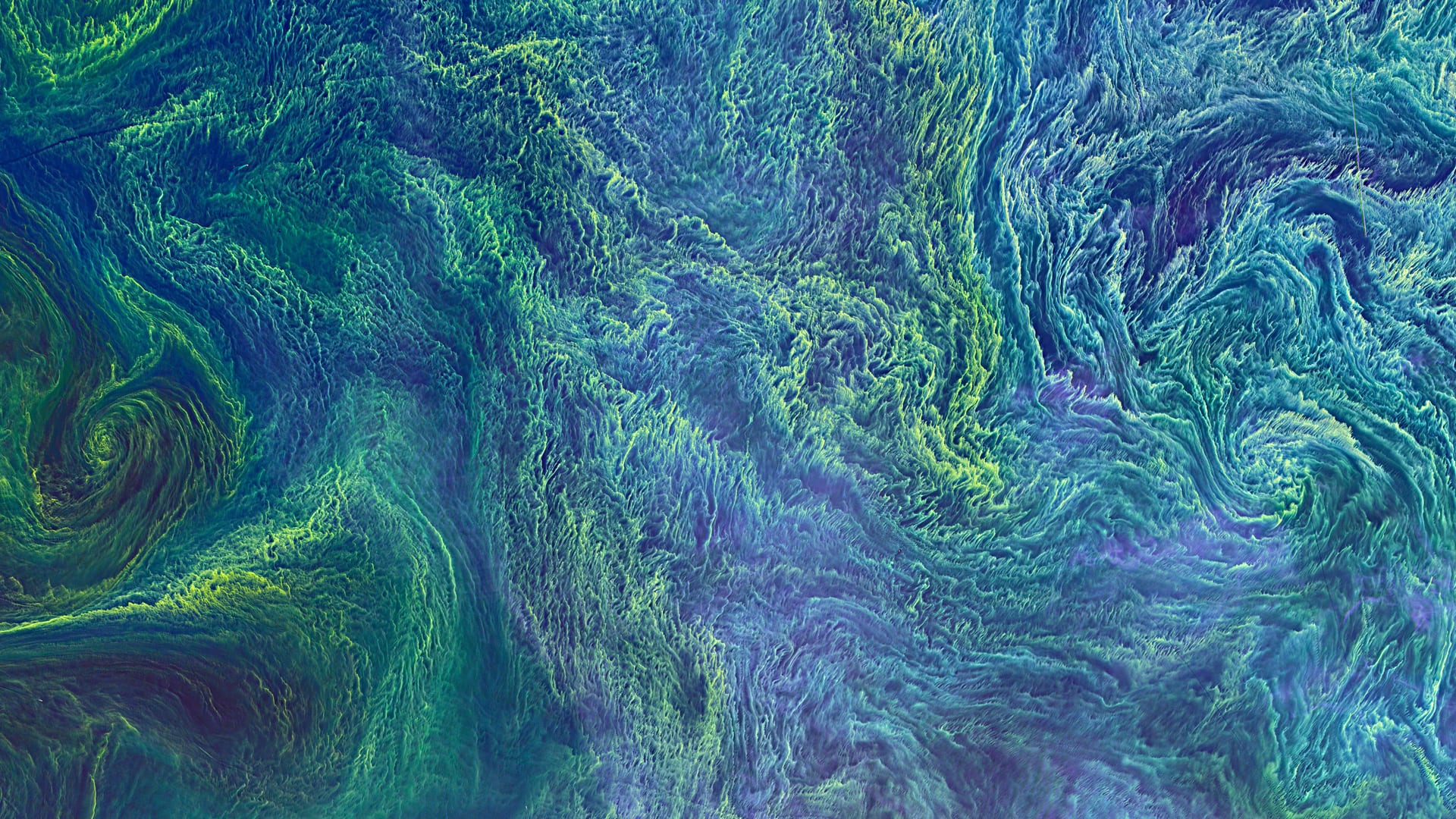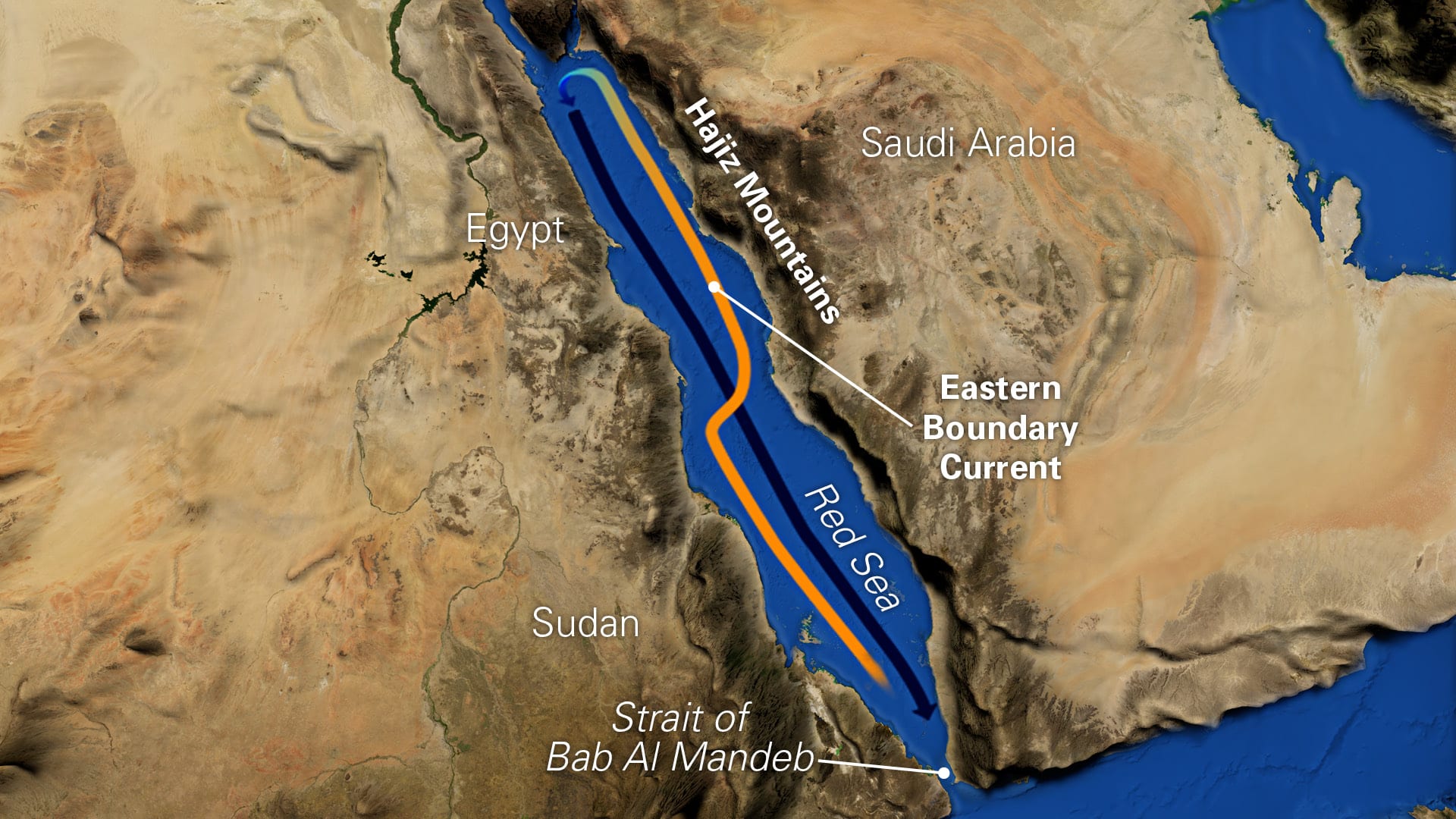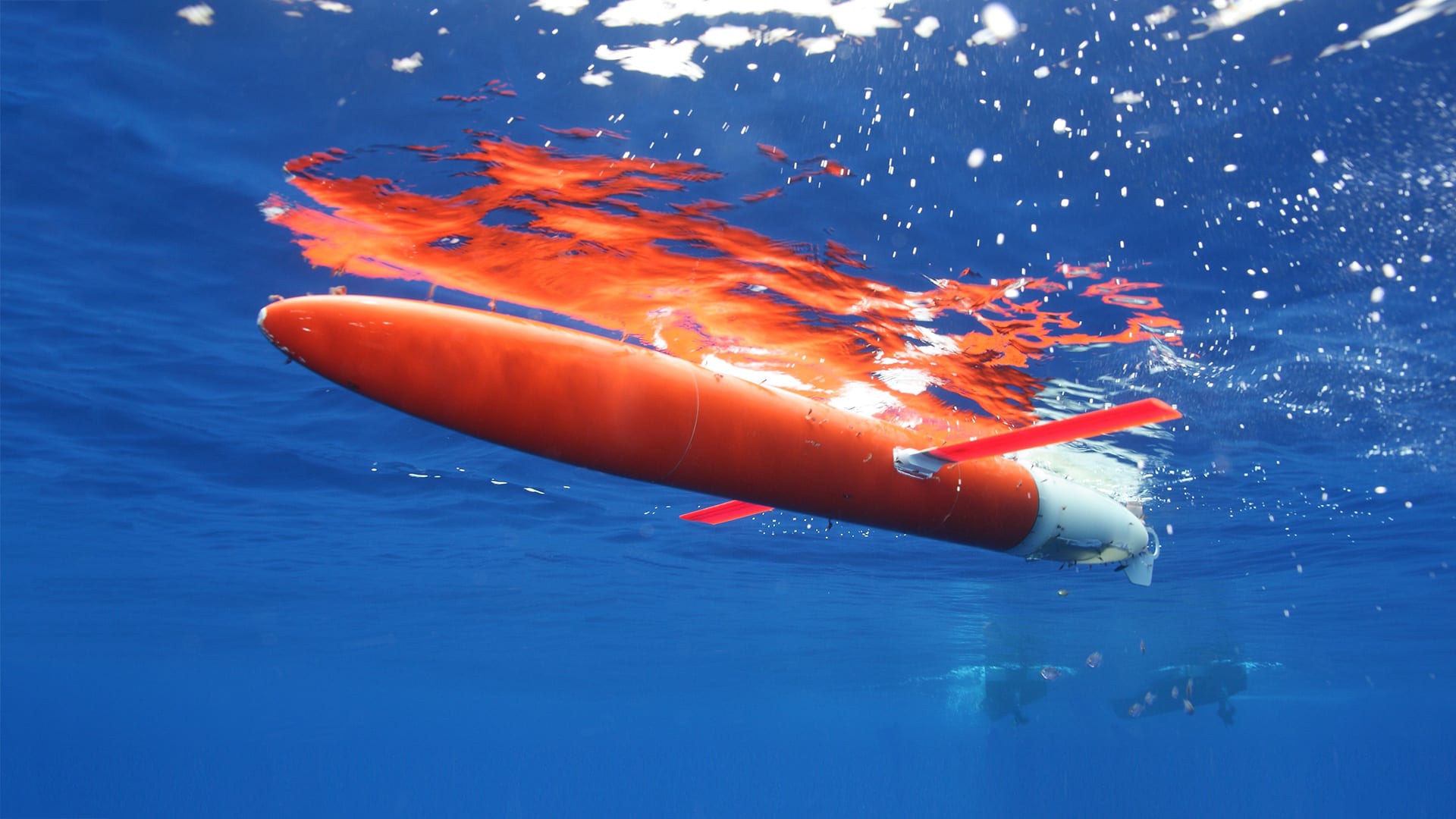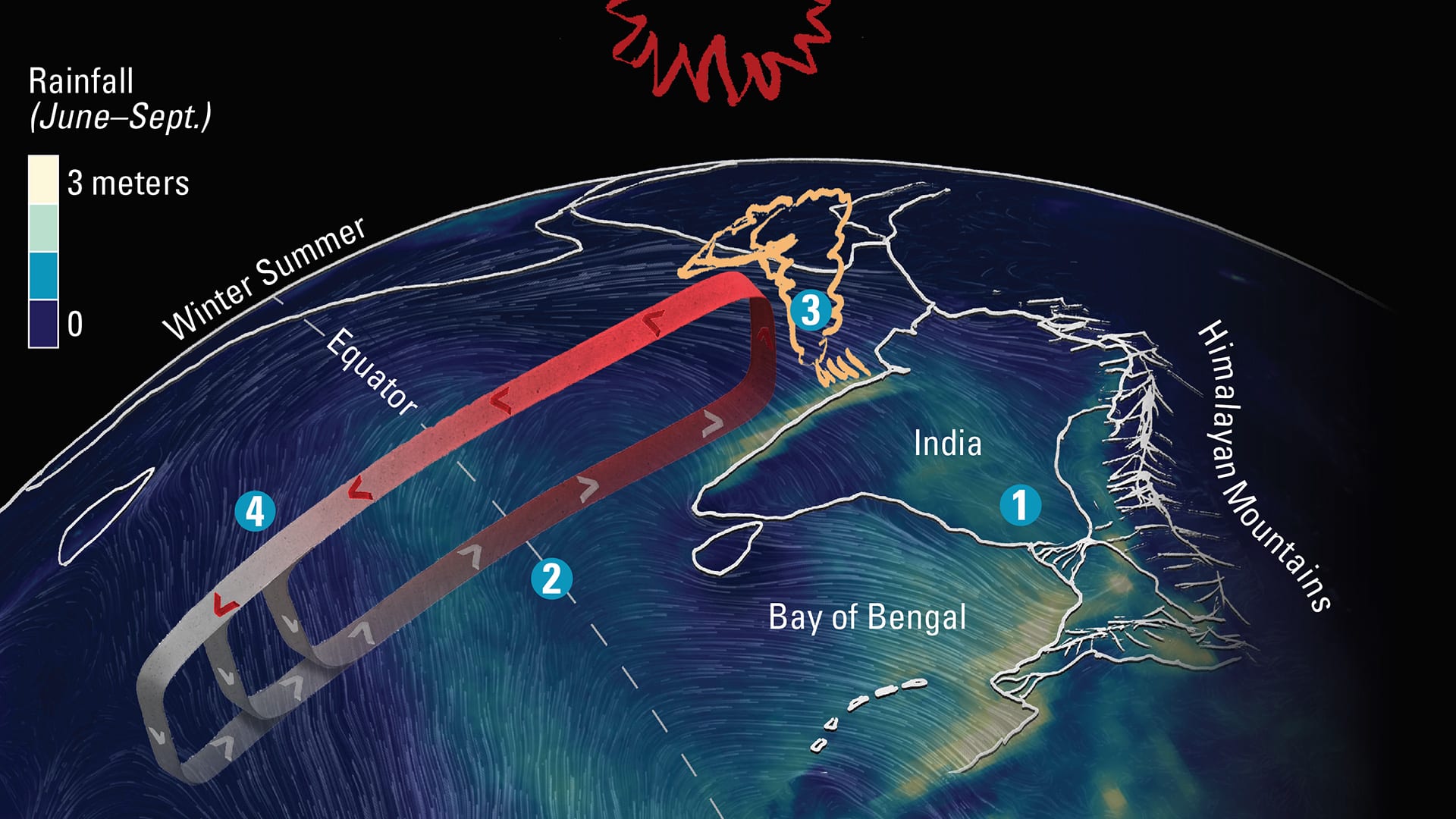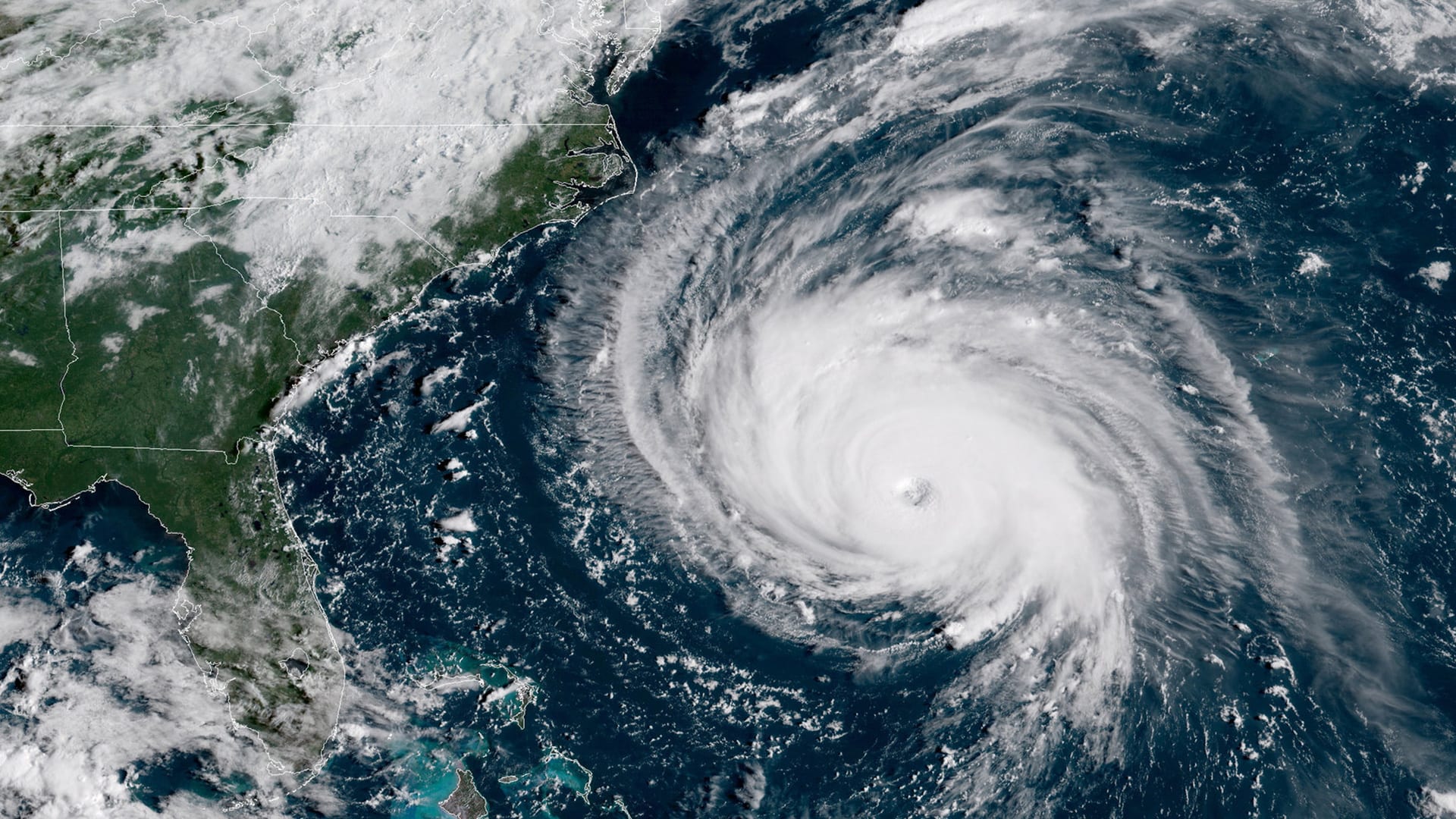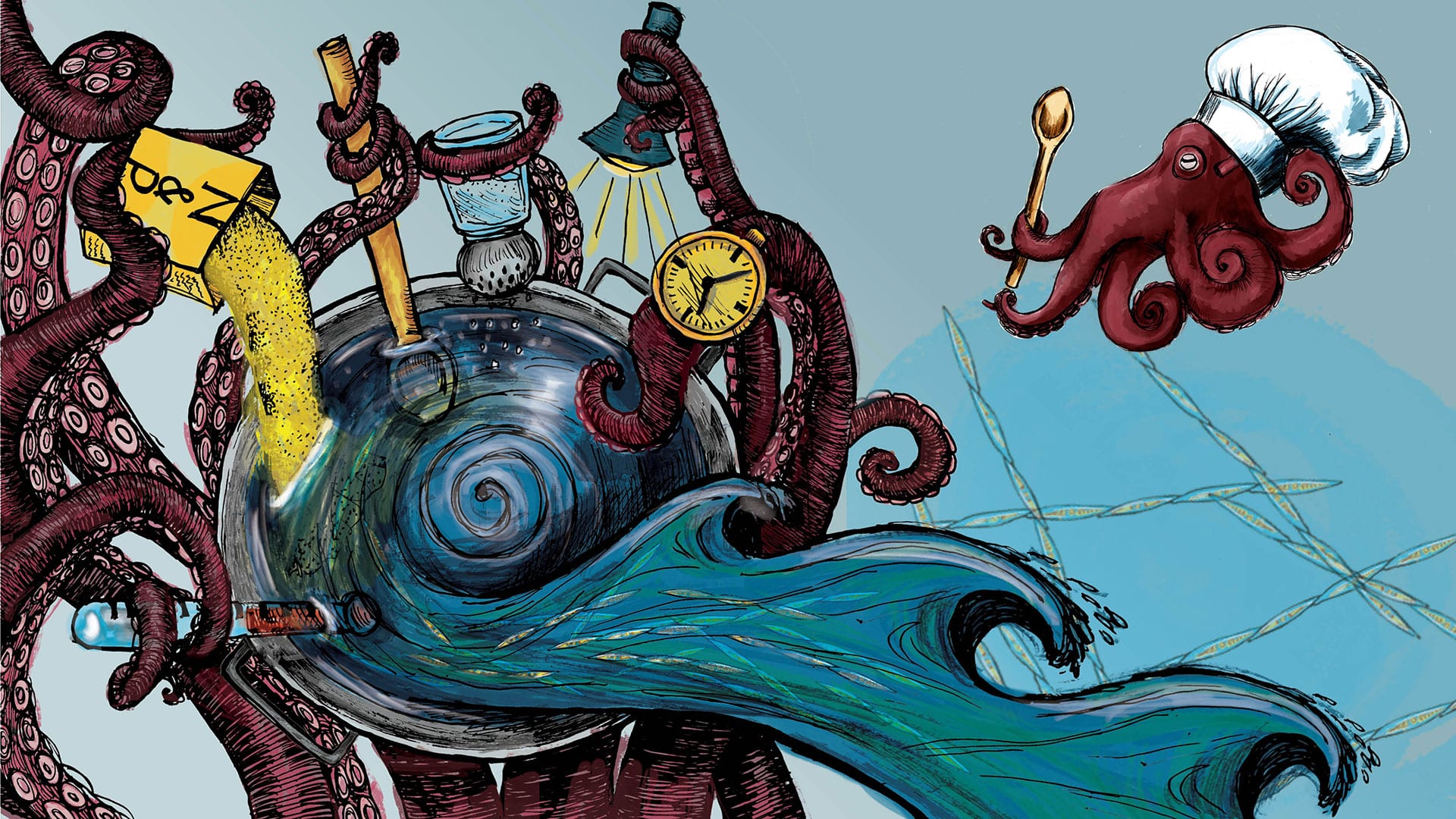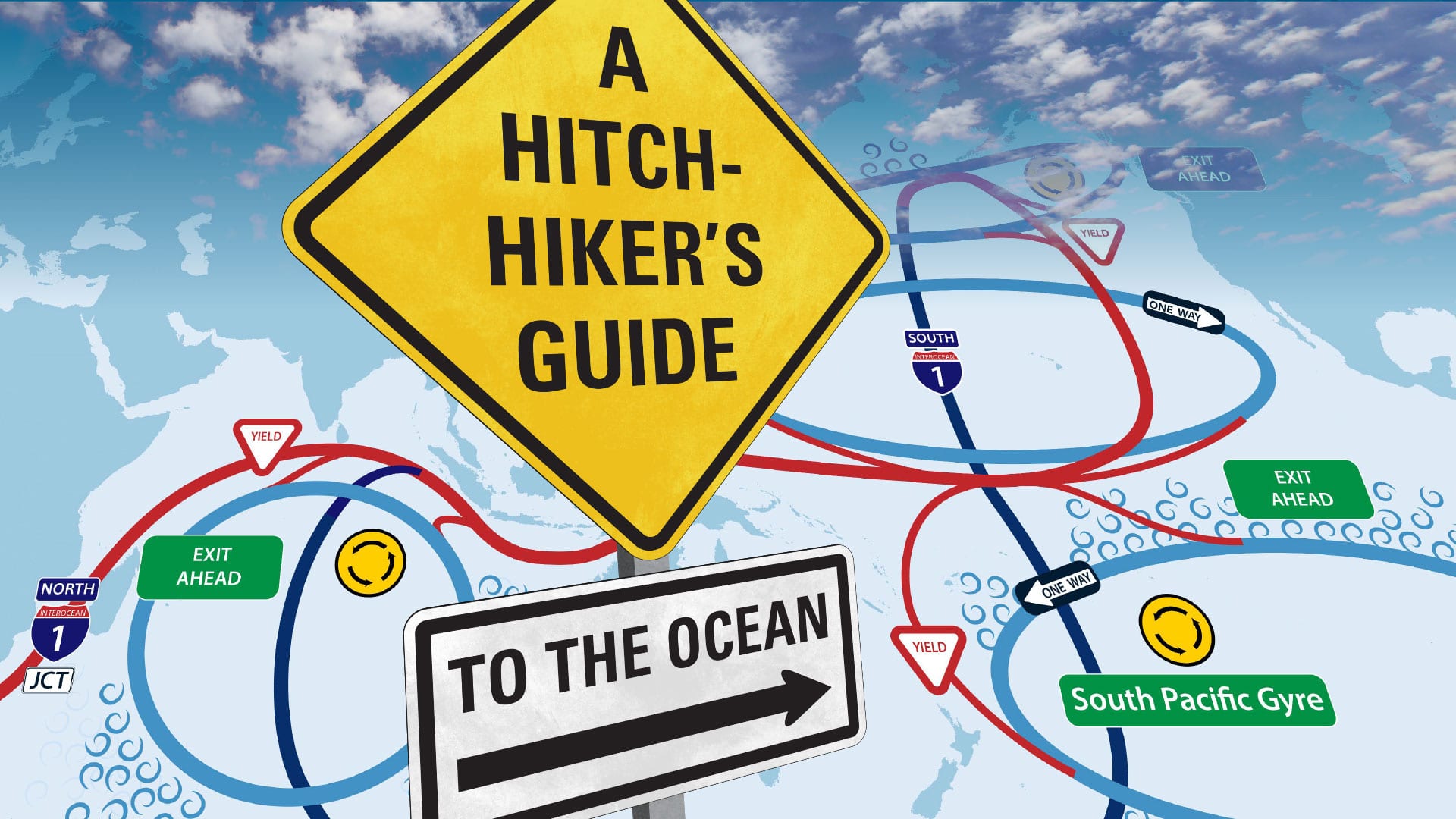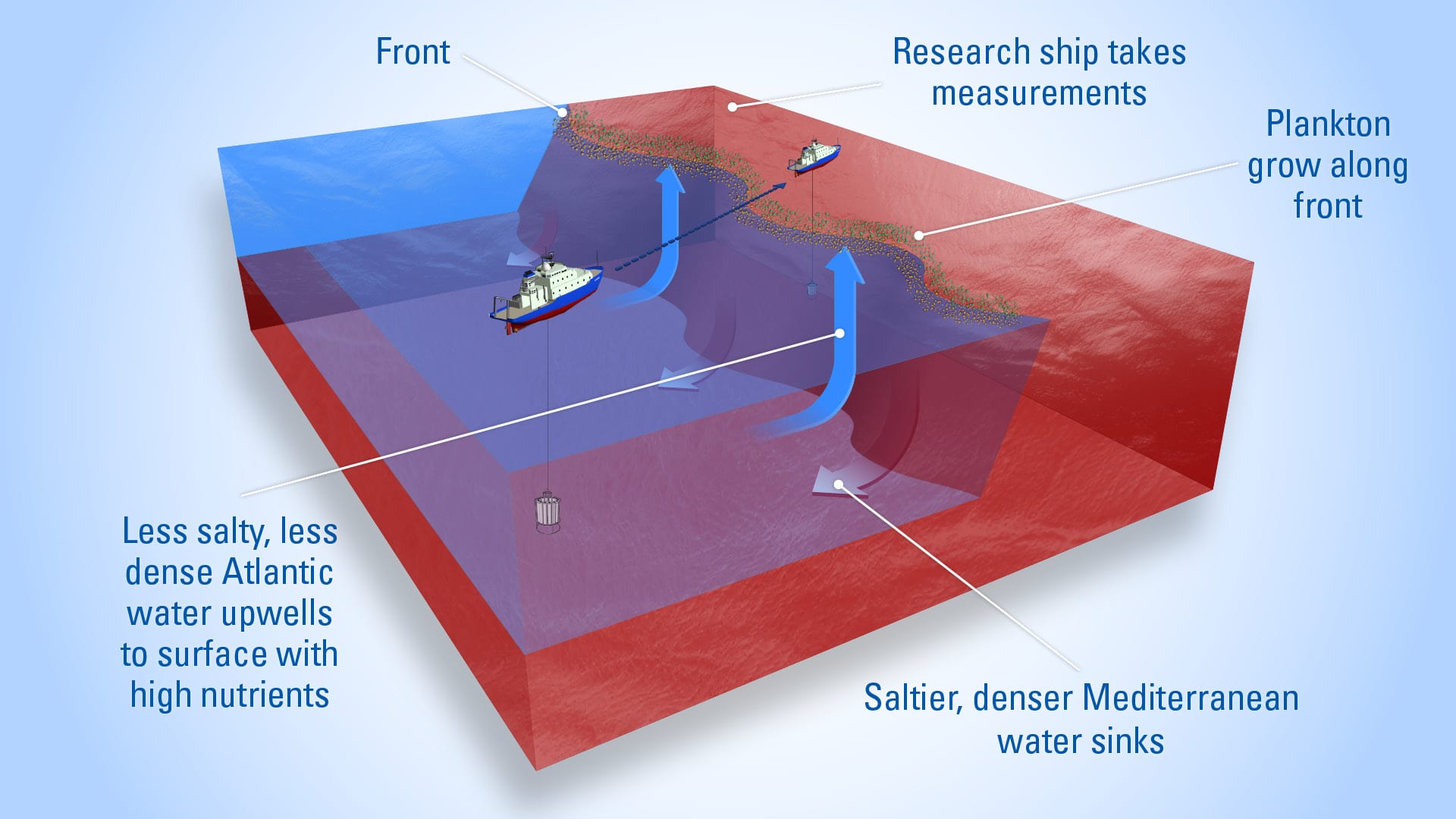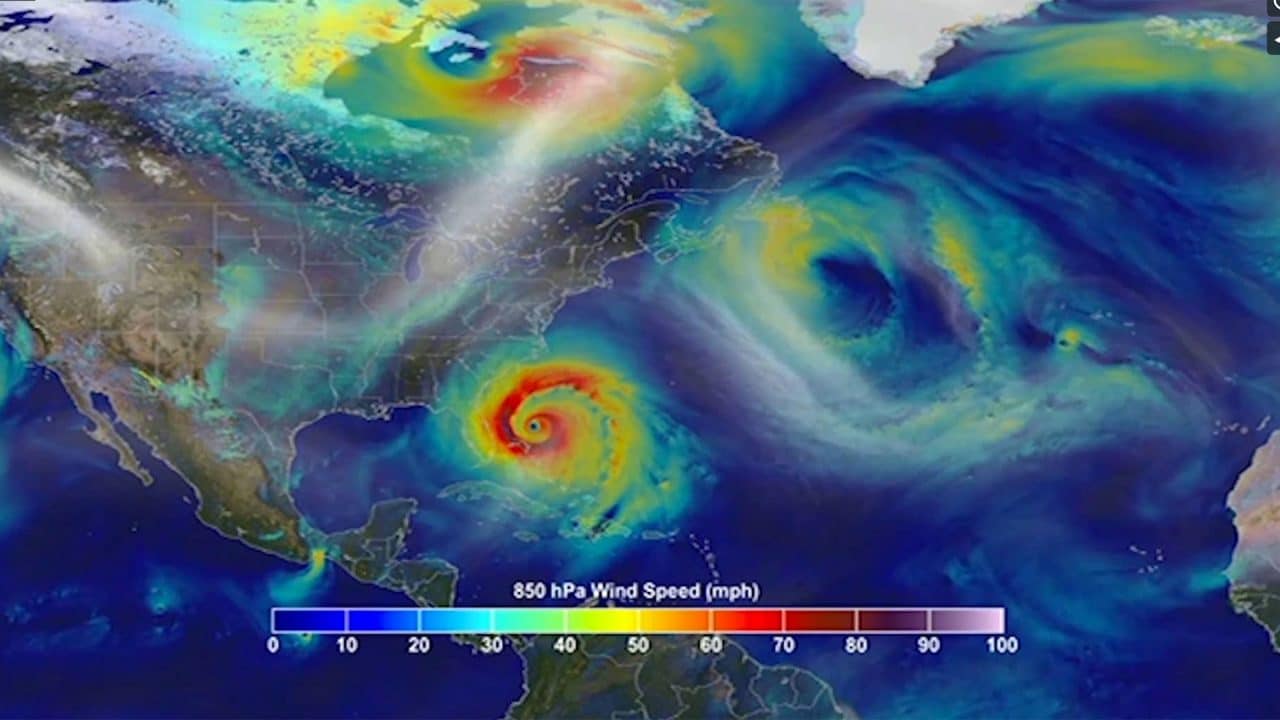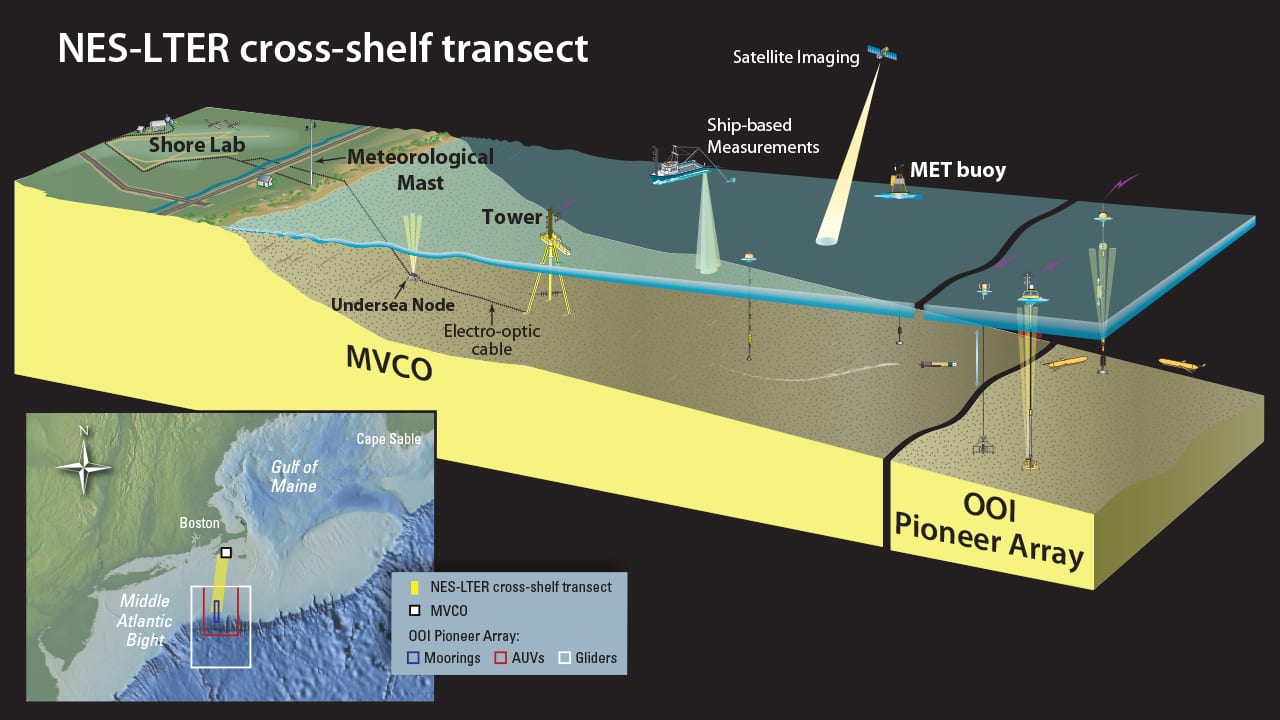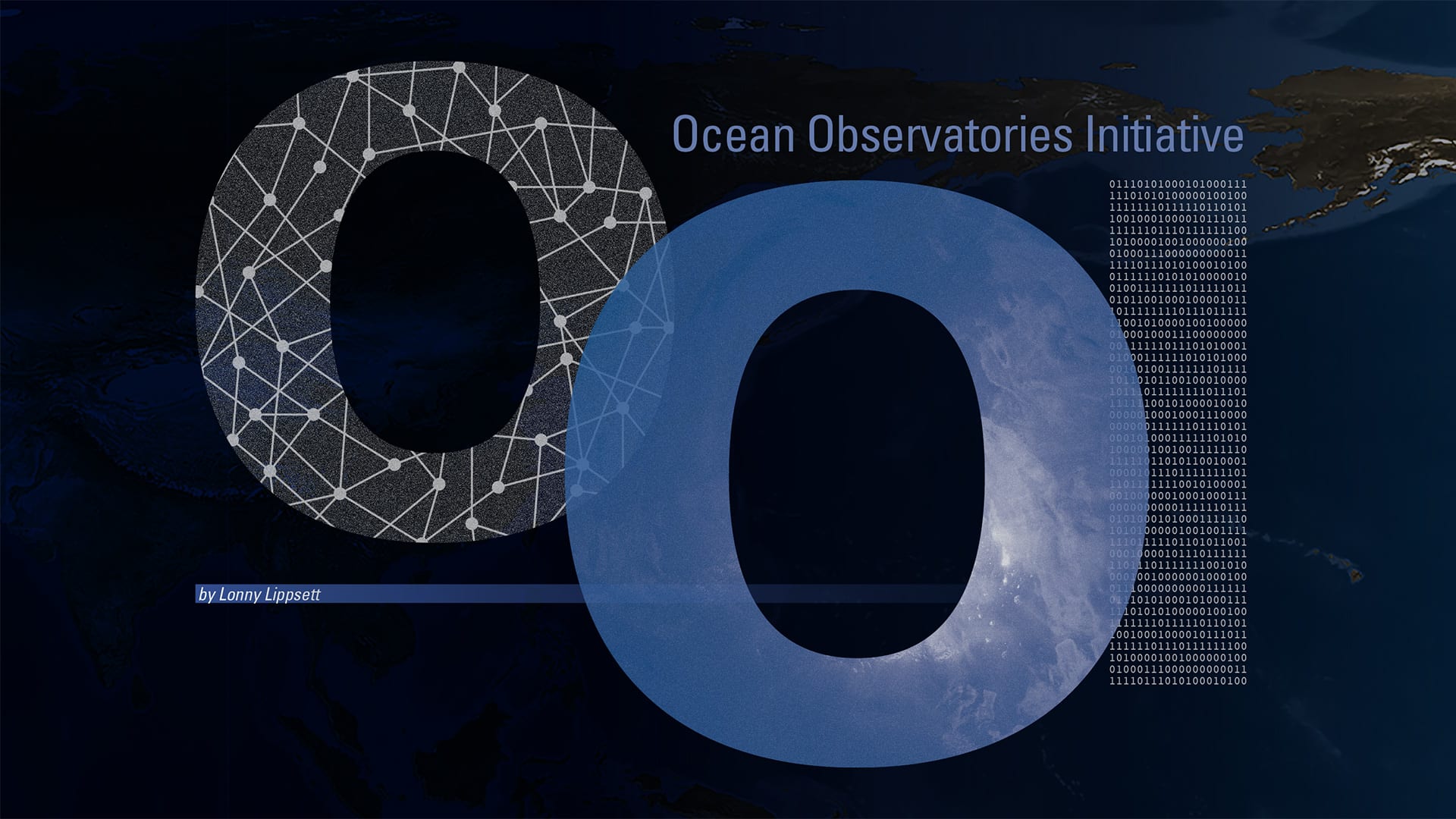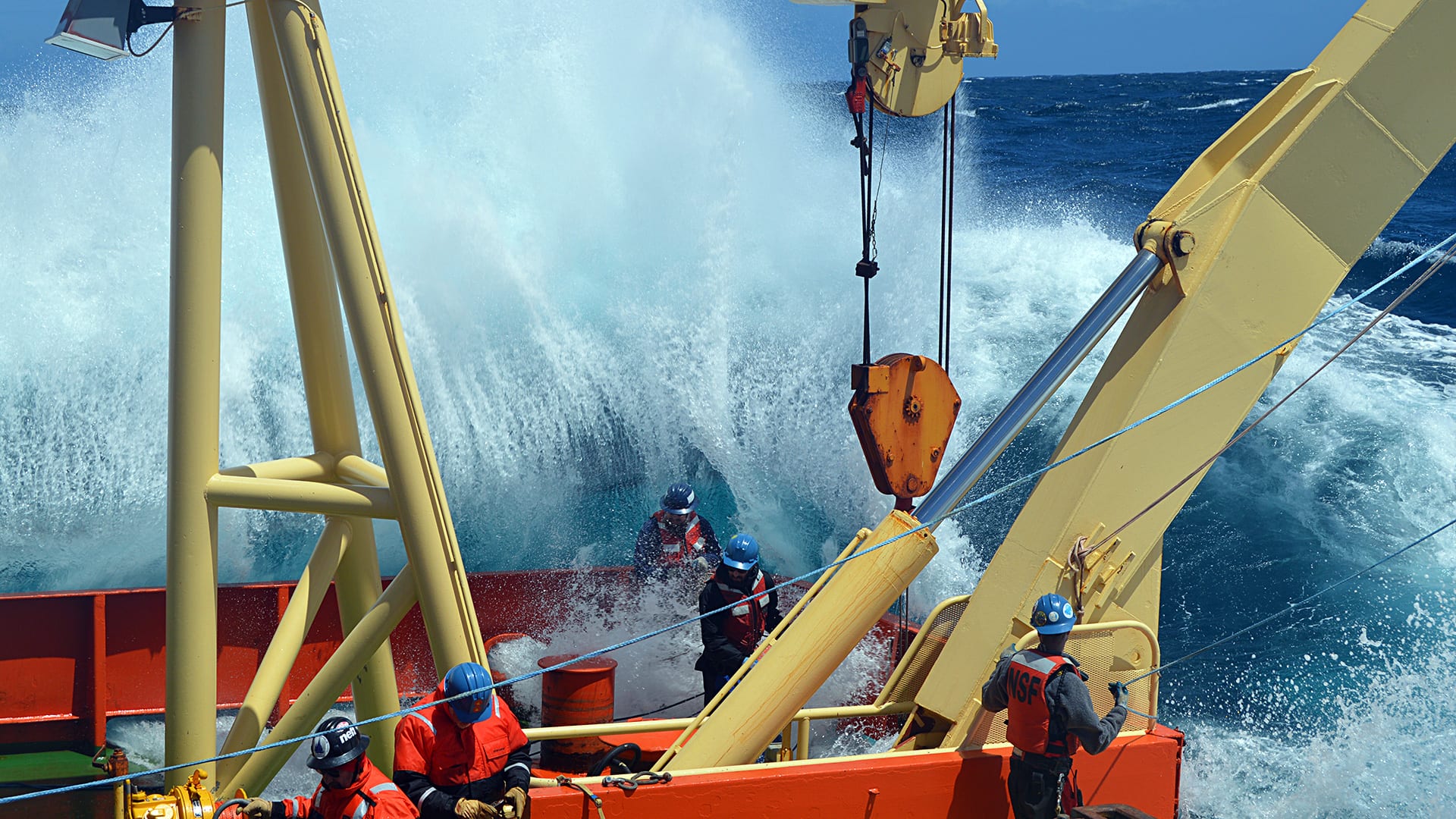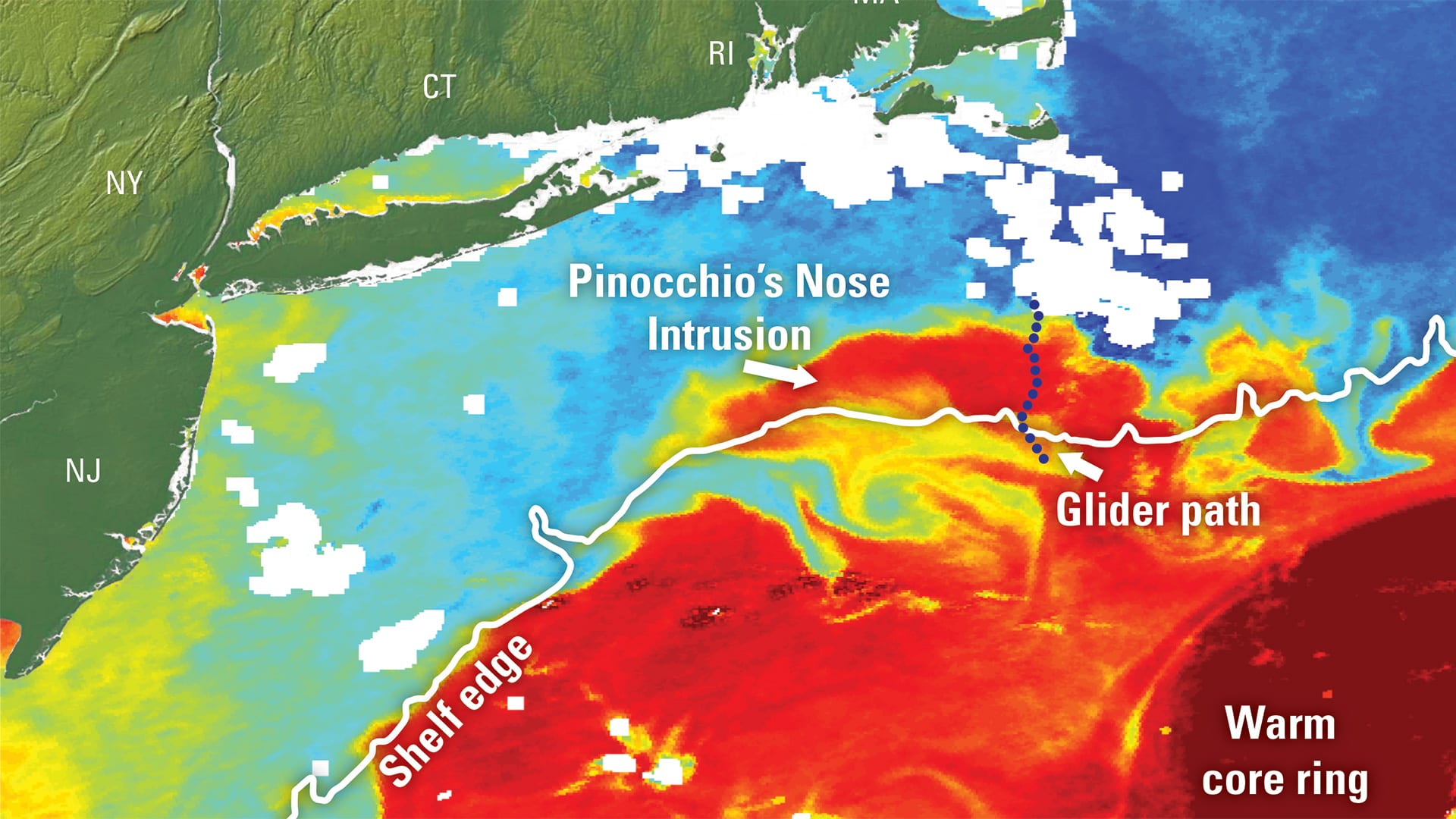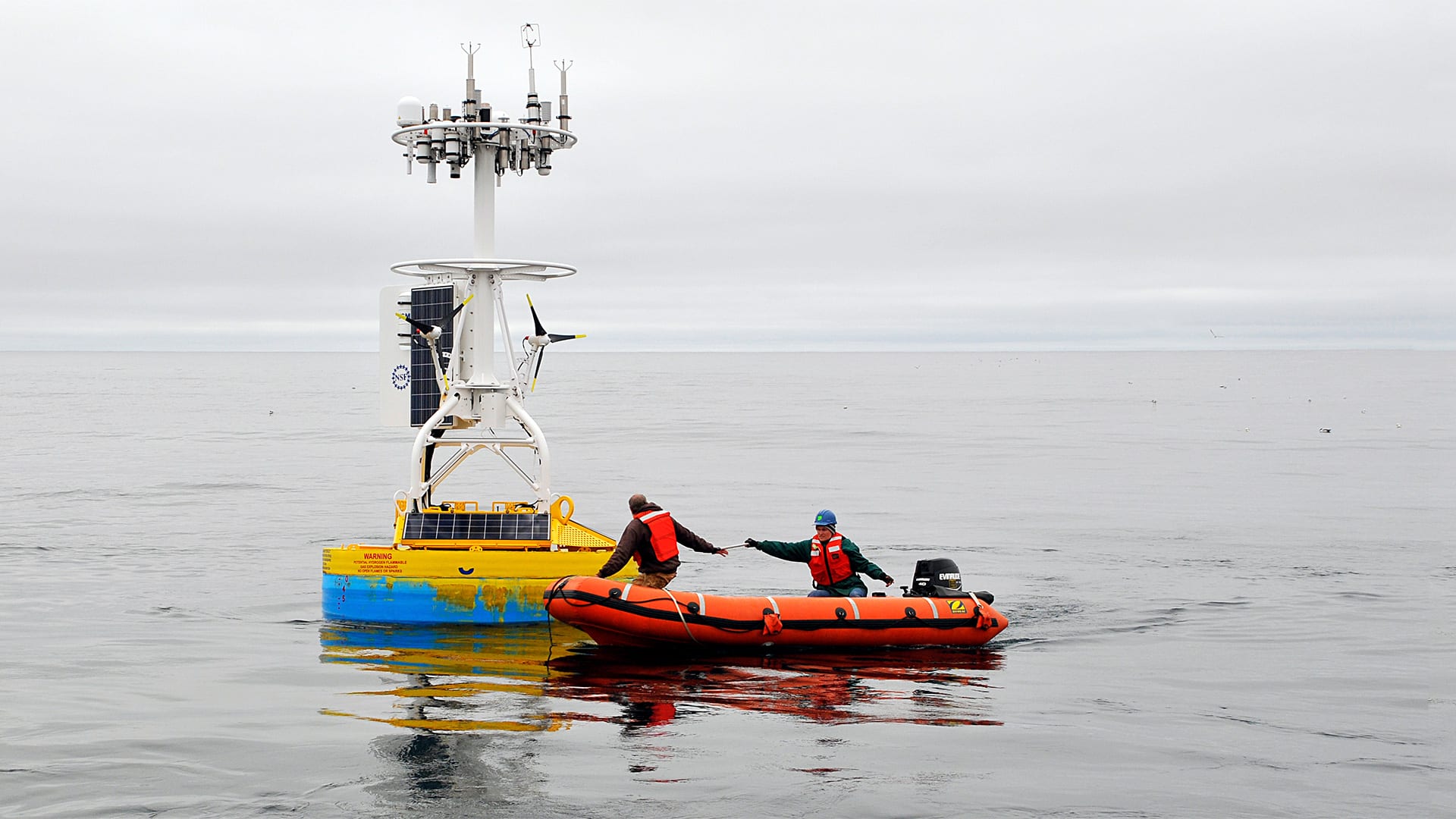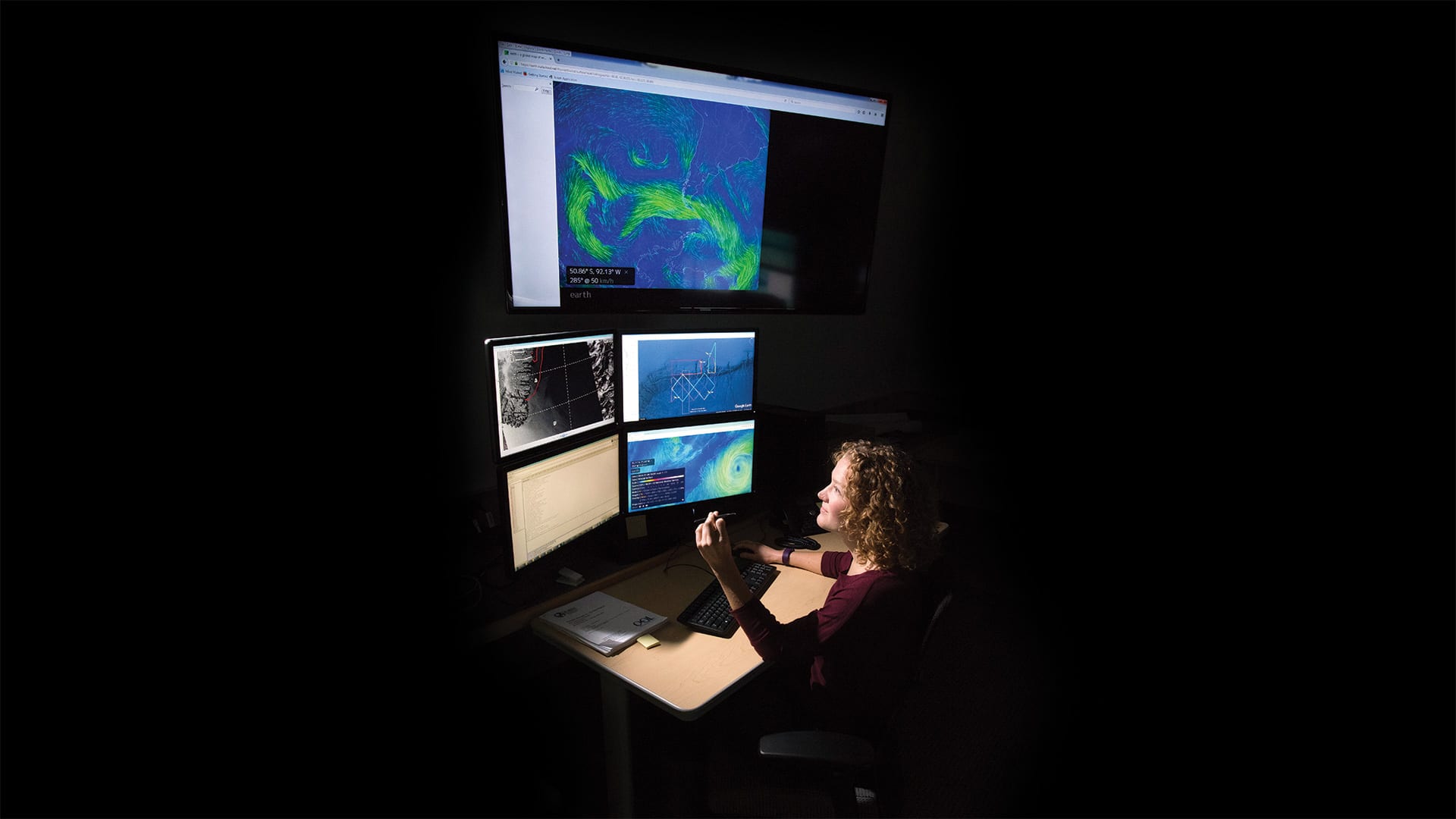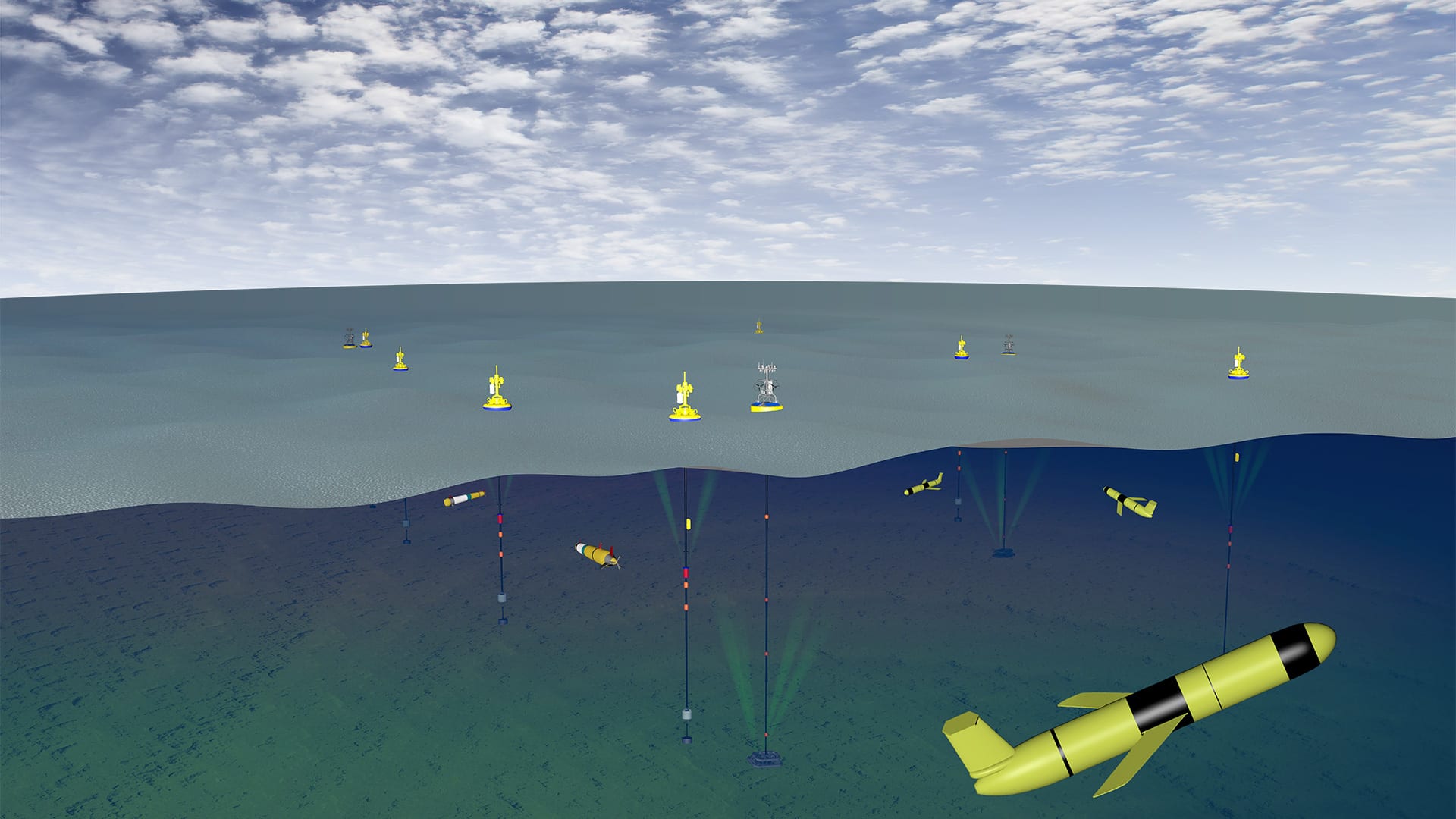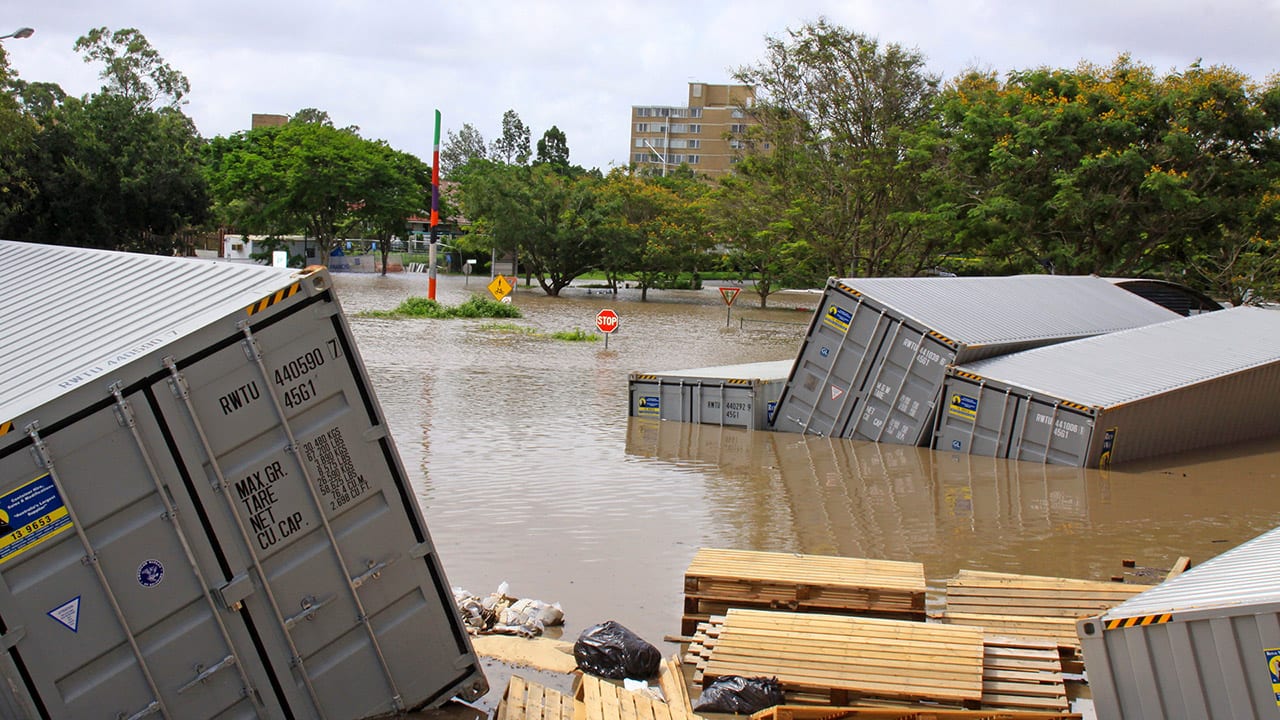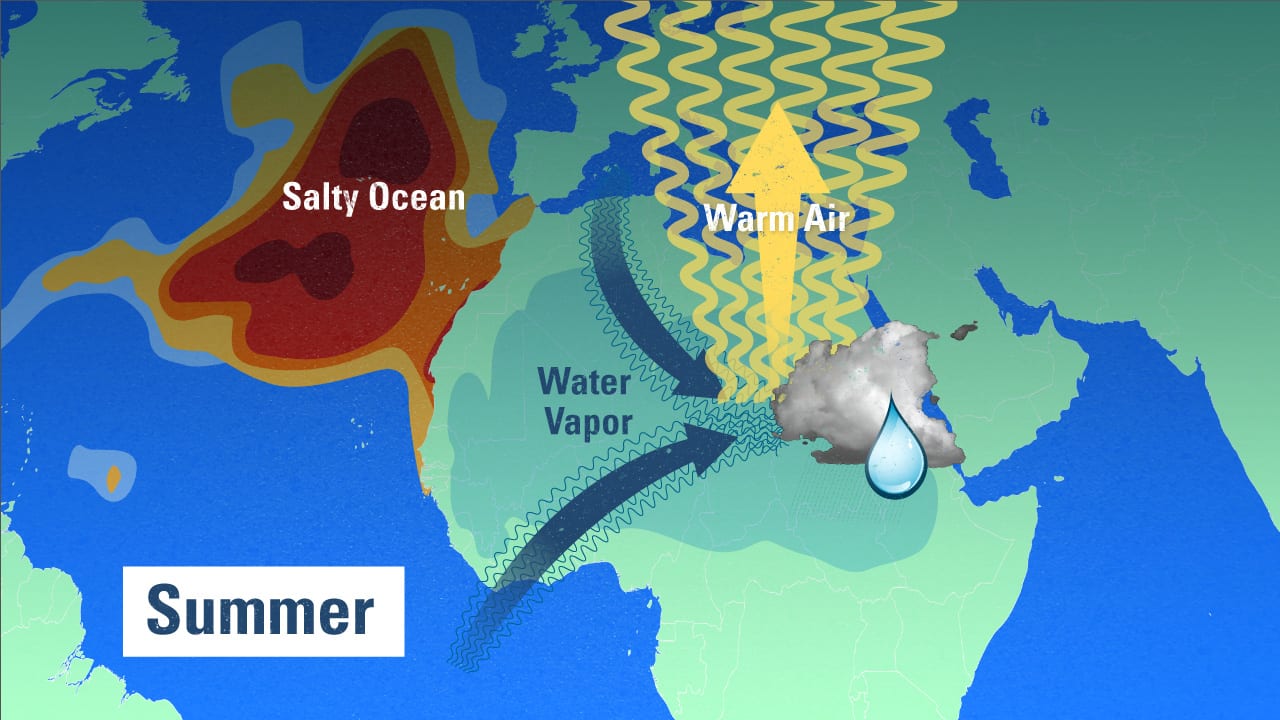Physical Oceanography
Gliders Reveal Tango Between Hurricanes and the Gulf Stream
Spray gliders cruising the east coast are collecting ocean measurement data that hurricane forecast modelers can use to improve storm intensity forecasts.
Read MoreTracking a Snow Globe of Microplastics
Millions of tons of plastics end up in the global ocean each year, but where does all that material go once it gets there?
Read MoreThe Secret Tuna Nursery
WHOI biologists and physical oceanographers combine expertise to reveal a place in the ocean where some tuna are born.
Read MoreOn (and Below) the Waterfront
The expansion of the New York metropolitan area’s harbor over the decades has led to big but hidden changes in tidal flows that have environmental impacts.
Read MoreThe Living Breathing Ocean
Rainforests have been dubbed the Earth’s lung, but like us, our planet has two lungs. The second one is the ocean.
Read MoreMysteries of the Red Sea
The Red Sea also has several characteristics not seen in other oceans: extremely warm temperatures, high evaporation rates, odd circulation patterns, and a rare current that sometimes disappears in winter.
Read MoreThe Current that Feeds the Galápagos
A small fleet of robotic undersea vehicles paints the first detailed picture of a vast and important current within the ocean that had remained beyond our purview.
Read MoreCan We Improve Monsoon Forecasts?
Scientists are exploring the ocean to gain new insights into forecasting the still-unpredictable monsoon rains that billions of people depend on to irrigate their crops
Read MoreAutonomous Ocean Vehicles Supply Key Data on Hurricane Florence
With Hurricane Florence bearing down on the North Carolina coast, researchers at Woods Hole Oceanographic Institution (WHOI) have mobilized autonomous vehicles and instruments to track changes in the ocean ahead of and beneath Florence.
Read MoreThe Recipe for a Harmful Algal Bloom
Harmful algal blooms can produce toxins that accumulate in shellfish and cause health problems and economic losses. They have increased in strength and frequency worldwide. Can we get advance warnings of when and where they will occur?
Read MoreA Hitchhiker’s Guide to the Ocean
Like someone monitoring the traffic flow on a road system, MIT-WHOI Joint Program graduate student Sam Levang is examining the flow of the ocean’s global circulation, which has big impacts of our climate.
Read MoreForecasting Where Ocean Life Thrives
The ocean, like the atmosphere, has “fronts,” and it’s hardly quiet on them. In fact, that is where the plankton that provide the foundation of the ocean food web are most prolific.
Read MoreForecasting Future Hurricanes
Long-term Study Focuses on New England Ocean
The National Science Foundation has created a new Long Term Ecological Research site off the New England coast to increase understanding of an area of the ocean known for its abundant marine life and productive commercial fisheries.
Read MoreOcean Observatories Initiative
Sailors and scientists have gone to sea for centuries to unravel the inner workings of the watery region that covers two-thirds of our planet. But they have always had to…
Read MoreAqua Incognita
There is a jar of money in the conference room of the Mooring Operations & Engineering (MOE) team at Woods Hole Oceanographic Institution. It is a United Nations kaleidoscope of…
Read MorePinocchio’s Nose
It took only a month for the new Ocean Observatories Initiative (OOI) to reveal insights about shifting ocean circulation patterns that could have major impacts on marine life and fisheries…
Read MoreThinking Global
The Global Array component of the Ocean Observatories Initiative initially included four remote, high-latitude locations, selected for scientifically strategic reasons: Irminger Sea (60°N, 39°W) WHOI physical oceanographer Bob Pickart has…
Read MoreDiving for Data
It’s the middle of the night on Cape Cod, Mass. Thousands of miles away in the South Atlantic off the coast of Argentina, a bright yellow torpedo-shaped drone floats up…
Read MoreA Pioneering Vision
In 2005, scientists at Woods Hole Oceanographic Institution devised a revolutionary plan: They would deploy about 150 scientific instruments in coastal waters south of Martha’s Vineyard to try to understand…
Read MoreNew Air-Launched Devices Help Study Hurricanes
A new breed of autonomous profiling “ALAMO” floats is giving scientists and forecasters a look at the way hurricanes grow or fade as they mix the ocean in their path.
Read MoreExtreme Climate
Extreme climatic events such as unusually severe storms and droughts can have profound consequences for life both on land and in the ocean. Woods Hole Oceanographic Institution climate scientist Caroline Ummenhofer studies the ocean’s role in the global water cycle and its effects on extreme weather and climate.
Read MoreTo Forecast Rain, Look to the Ocean
Ever since humans have existed on Earth, they have looked to the heavens to forecast rain. But more reliable clues may lie in the ocean. New research by scientists at…
Read MoreThe Hotspot for Marine Life
The continental shelfbreak in the waters off New England is an area where a spectacular abundance and diversity of marine life aggregate year-round. The Pioneer Array, a part of the NSF-funded Ocean Observatories Initiative, was placed there to help scientists explore the processes that make the shelfbreak so productive.
Read More
